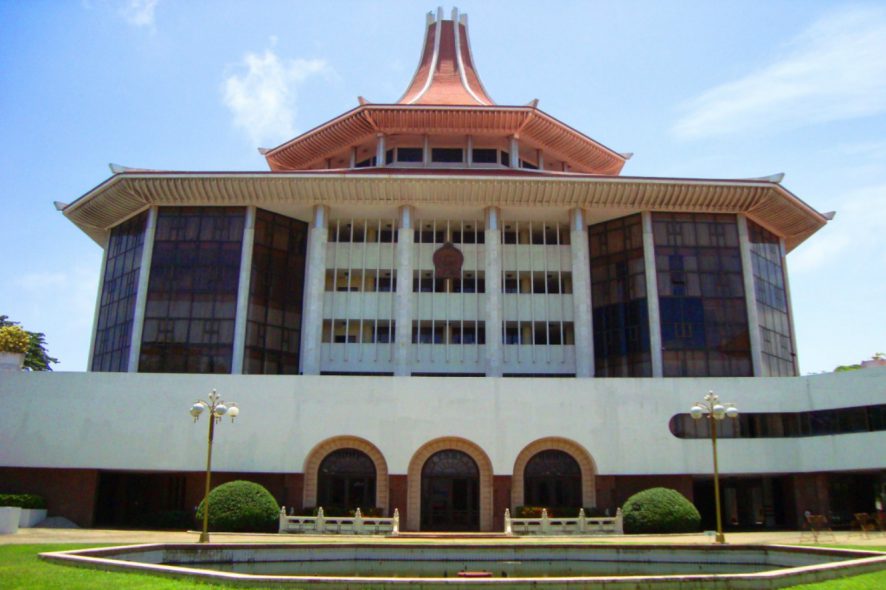Supreme Court of the Democratic Socialist Republic of Sri Lanka: A Full Bench of Buwaneka Aluwihare, P. Padman Surasena and S. Thurairaja, JJ., dismissed an appeal filed by the Accused-Appellant, being aggrieved by the judgment of the High Court and the Court of Appeal.
The Accused-Appellant was an employee attached to the Sri Lanka Rupavahini Corporation as a technical officer and he was found guilty on selling copper transmission cables that probably belonged to the said Corporation, to a scrap metal dealer. The said vendor gave evidence to the fact that he had dealt with the Appellant on several occasions with regard to similar cables. The Accused-Appellant had been indicted by the High Court on 3 counts which were Section 367 of the Penal Code to be read with Section 3 of the Offences against Public Property Act and Section 395 of the Penal Code. The High Court in their judgment found the Accused-Appellant guilty on the third count and sentenced him with 5 years of imprisonment and fine aggrieved by which he had approached the Court of Appeal but the appeal was dismissed thus the instant appeal where leave to appeal was granted questioning whether the punishment granted by High Court was excessive. The counsel for the Accused- Appellant, Nihara Randeniya, stated that the Appellant was a first offender, was married and had school-going children and the only bread earner in the family further he was not challenging the conviction but just the quantum of the sentence.
The Court while dismissing the appeal observed that the persons who work in the government institutions when found guilty on criminal offences, plead ‘first offender’ as a mitigating factor where it is obvious that a person in government service cannot be a convicted criminal, therefore, plea of ‘first offender’ cannot be acceptable and Acts causing loss to state property especially at their institution cannot be pardoned or condoned. The Court also stated that where the current offence carries a maximum punishment of 20 years, the imposition of 5 years by the trial judge was reasonable. [Ranathunga Arachchilage Ranjith Chandrathilake v. Attorney General, SC Appeal 134 of 2019, decided on 18-12-2019]






